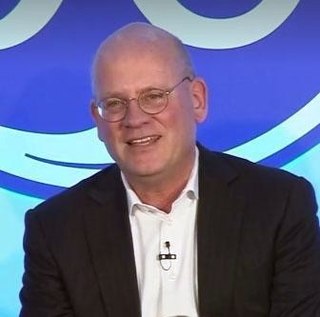A Quote by Aneel Bhusri
Every employee at Workday thinks about how they are going to help customers be successful. It is a simple formula, but a lot of companies go out, and they don't listen to their customers; they don't try to solve hard problems, making it tougher for themselves to create a great business.
Related Quotes
Customers are a great way to finance a business for many reasons. First, customer financing is typically non dilutive. They want something from you other than equity in your business. Customers also help you fit your product to the market. And customers will help debug and improve the quality of the product.
Often people say they can't base their strategies on customers because customers make unreasonable requests and because customers vary too much. Such opinions reveal serious misconceptions. The truly outside-in company definitely does not try to serve all the needs of its customers. Instead, its managers are clear about what their organization can and should do for customers, and whatever they do they do well. They focus.
Often, very talented technical people find it extraordinarily difficult to take the viewpoint of customers, who are often ignorant about the technology and who may have strong and perhaps incorrect prejudices about it. The technical people may believe, deep down, that they know better what customers "should" need. Customers, of course, have a different perspective. They want products that will solve customer problems and provide other customer benefits, and will do so without undue risk or cost. Not infrequently, customers view advanced technology itself as a risk.
I want you to say to me right from the start, "We are here to serve customers. We're not here for me to make a lot of money. We're not here to bet on interest rates or credit spreads. We are here to serve our customers really well over a long period of time, and that's how you build a successful business." And so I want to see that, too, you know?
One of the great strengths of American culture is this empowerment of individual, is the individual being able to be entrepreneurial, create new things. But you create a whole group of people to make great companies. It's employees and investors and customers and partners. The fabric of society, of a network of relations, is key to being successful.


































